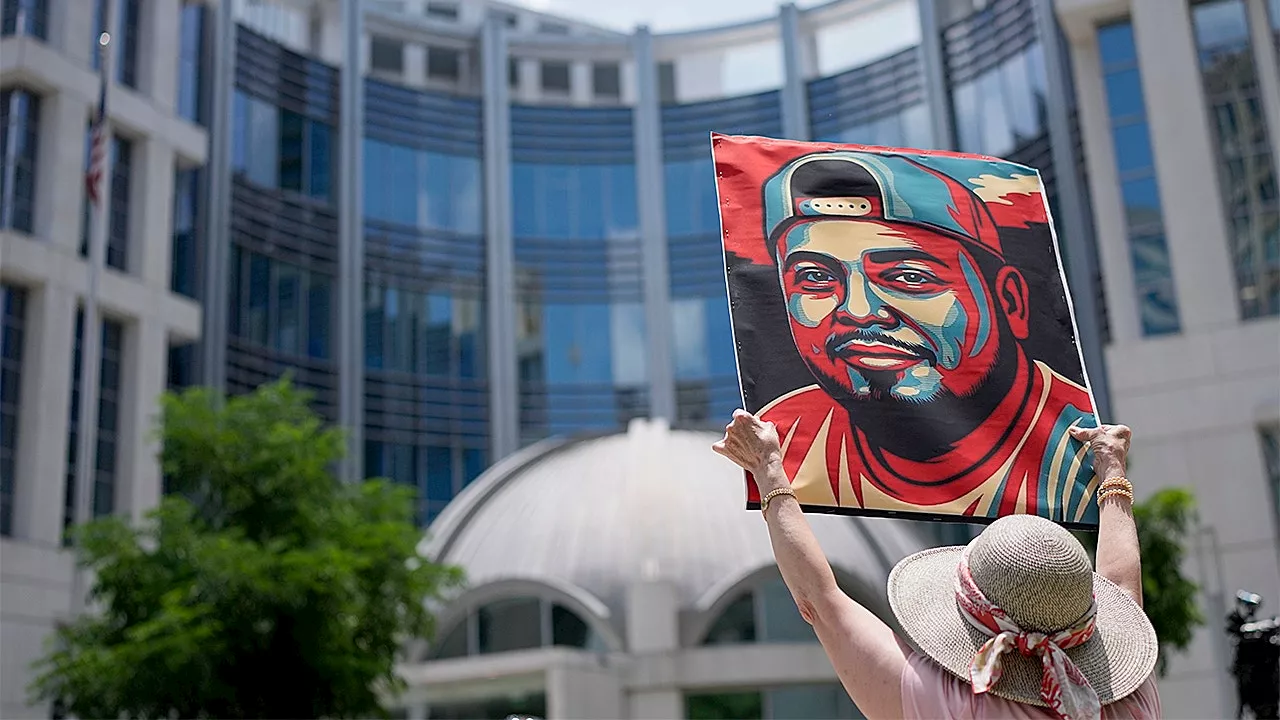A federal judge in Maryland is preparing to make a decision on the deportation case of Salvadorian migrant Kilmar Abrego Garcia. Following a nearly seven-hour hearing, U.S. District Judge Paula Xinis stated she would issue an order “as soon as possible” concerning Garcia’s legal status and the Trump administration’s plan to deport him.
The hearing has captured significant attention due to the inconsistencies revealed in the government’s actions surrounding Garcia’s deportation. Judge Xinis expressed her frustration over the administration’s inability to present a credible witness who could articulate the steps taken to facilitate Garcia’s removal from the United States to a third country. The judge critiqued the testimony of John Schultz, the deputy assistant director of ICE’s Enforcement and Removal Operations, highlighting his lack of knowledge about the case and the countries involved.
Judge Xinis’s concern stemmed from the government’s failure to follow through on its own directives. The administration initially considered Eswatini, Uganda, and Ghana as potential destinations for Garcia, but the hearing revealed that none of these countries had agreed to accept him. In fact, Eswatini had declined to take Garcia, and Uganda and Ghana had explicitly rejected the U.S. request.
The hearing focused on Garcia’s request to be released from immigration detention while the case awaited further legal action. A court-ordered evidentiary hearing aimed to gather information about the government’s deportation efforts and to question officials with “first-hand” knowledge of the situation. However, the lengthy session exposed contradictions and uncertainties in the administration’s claims regarding the willingness of these countries to accept Garcia.
Judge Xinis questioned why the government had not pursued Costa Rica, a country reportedly open to accepting Garcia. This pointed inquiry underscored the challenges faced by the Trump administration in managing deportation processes and adhering to legal parameters. The judge’s skepticism highlighted the broader issues surrounding the administration’s immigration policies, which have faced ongoing scrutiny in the courts.
The significance of this case extends beyond Garcia’s individual situation. It raises critical questions about the legality and effectiveness of the government’s deportation strategies. As the court awaits the judge’s ruling, Garcia remains in the United States, continuing to navigate the complexities of the immigration system.
The outcome of Judge Xinis’s decision will not only impact Garcia’s future but also set a precedent for similar cases under the current administration. As the legal battle progresses, this case illustrates the ongoing difficulties that the Trump administration has encountered regarding immigration policies and their execution within the judicial system.
